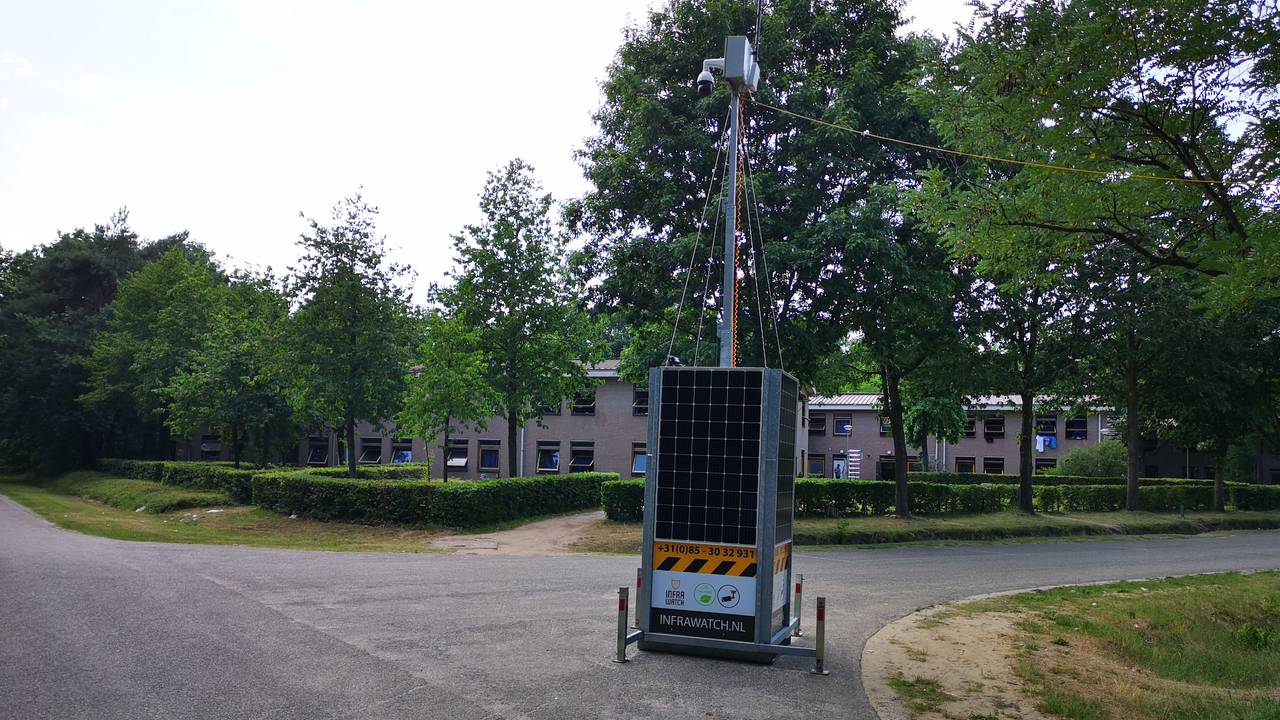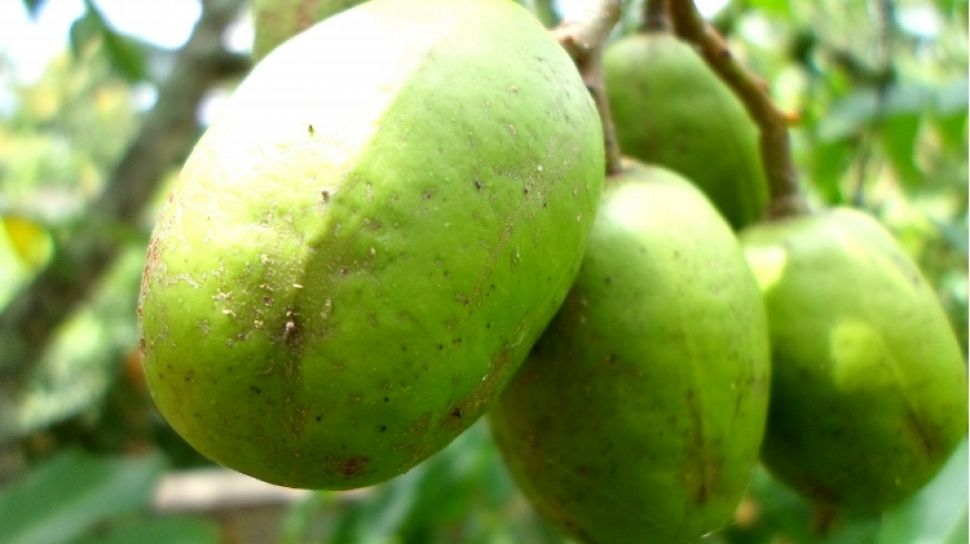Sunday 17 July is the world’s largest youth football tournament back in Gothenburg. About 35,000 players from around the world will participate, but for several young players, mainly from southern Africa, the adventure seems to be an impossibility.
In several of the cases, such as in the case of the South African Kusasa Stars, the same player as in previous tournaments has now been denied a visa. This has happened despite the fact that they have sent in exactly the same document documentation as on previous occasions, and that they have been informed that the applications were complete when the application was submitted in Cape Town.
The Englishman George Frett is the project manager for Kusasa Stars, which comes from a shantytown in the city of Franschhoek, 70 km east of Cape Town.
– A majority of our boys got visas and played Gothia Cup 2018 and 2019. It is difficult to understand why they are stopped now. In addition, the visa office in South Africa has said that we had all the documents required to make an application, he tells DN.
The reason why players denied a visa is the requirement to be able to present an approval for the trip from both the child’s parents, which includes being able to present a birth certificate with the parents’ names on it. For many children, this is an impossible requirement because they have been living with single mothers since birth.
– Several of the players in Kusasa Stars have previously participated in the Gothia Cup, here in 2019.
Photo: Tim Greenwood
The problem is particularly evident in socio-economically vulnerable areas, such as the shantytowns in South Africa’s Cape Town and Pretoria, where several players who would have had the opportunity to play this year’s tournament come. Several Swedish non-profit organizations operate in South Africa to provide opportunities for children from difficult circumstances to participate in the tournament with the help of donations.
Other teams that encountered problems in the visa process include Rainbow Team, which participated in the Gothia Cup 2015-18, and Project Playground, a charity project founded by Princess Sofia, among others, but also Right to Dream from Ghana, which in recent years has been one of the tournament’s most successful team and is invited to participate in the elite class.
– Our football project aims to support the most vulnerable children in society, who grow up in very poor conditions. If they take care of themselves at school and stay away from drugs and crime, they get the opportunity to experience an adventure like the Gothia Cup. This year, it was the intention that our girls would also get the chance, says George Frett.
Dennis Andersson, cupgeneral and the person in charge of the tournament says that it is still difficult to get an overview of how many teams will be affected, but that there are about ten from South Africa, Tanzania and Kenya. In all these cases, it is the Swedish embassy in Nairobi that issues visas.

– The inauguration of the Gothia Cup at Nya Ullevi 2019.
Foto: Tommy Holl/TT
The law was postponed and had until Thursday to complete the applications. In cases where there is a father – who, however, does not have the child’s birth certificate – he needed to appear in a court that could approve the trip. But there are no guarantees that it will be accepted by the Swedish embassy, or that visas will be issued on time and for the children who have no fathers at all, the possibilities are exhausted.
– In most teams, about half of the players are not allowed to travel, they also try to investigate whether it is possible to merge different teams to be enough to participate, says Dennis Andersson.
During the corona pandemic was moved the responsibility for issuing visas from individual embassies in southern Africa to be centralized in Kenya’s capital Nairobi, and in 2020 the Swedish Migration Board was given the overall responsibility for migration activities at Swedish embassies.
It is after this structural change that the players’ problems have arisen. The legal rules that form the basis for decisions to deny players visas are intended to protect children from being used in, for example, trafficking. The reorganization has also, in combination with increased travel since the end of the pandemic, caused the embassies to become overburdened, which has led to long queues and processing times.
In an email to DN, the Swedish Migration Agency’s press service writes that the authority cannot comment on individual cases, but that the embassy has followed the rules.
“If there is only one legal guardian for a child, that person’s consent is sufficient, but then the custody relationship must be proved through documents from the authorities in the home country, such as a custody judgment or other certificate of sole custody. If those requirements are not met, the embassy cannot grant a visa application for that child. “

– Right to Dream after the final 2017.
Foto: Tommy Holl/TT
– I fully understand that there are rules that will prevent the children from getting sick, but in this case it will be counterproductive, says George Frett, who submitted the team’s visa applications on May 4 and is disappointed with what he perceives as a lack of communication. from the Swedish authorities.
The rules are not new. They also applied when the players received visas at previous tournaments, which means that for several years, at least in some cases, they were not used by the then embassy in South Africa.
“What documents have been submitted and what assessments have been made of these in previous applications, the embassy can not take into account in the assessments they have to make at present, in the current applications,” writes the Swedish Migration Board.
The Swedish Migration Agency announces that the authority will not investigate the extent to which the embassy in South Africa has previously issued visas on insufficient grounds.
“We see no reason to carry out a special review of this,” the press service wrote.
–


